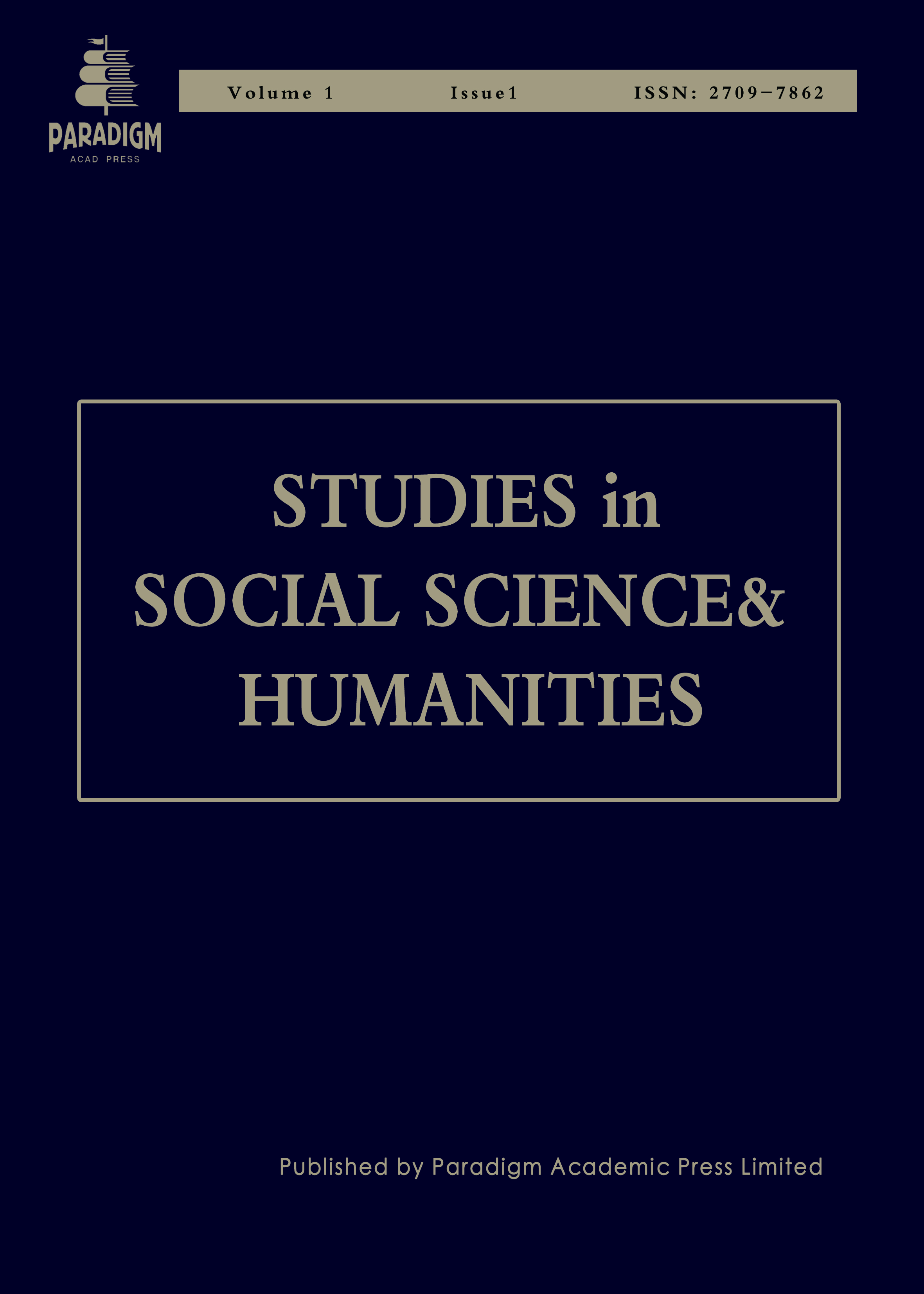Advancing European Integration in Central and Eastern Europe: A Comprehensive Examination of Reconciliation and Collaborative Progress in the Western Balkans
Keywords:
Western Balkans, European Integration, Post-Yugoslavia Period, Central and Eastern EuropeAbstract
This article examines the European Union’s integration efforts in the Western Balkans within the broader context of Central and Eastern Europe, focusing on the challenges and strategies post-Yugoslavia. It outlines the EU’s application of “conditionality” in guiding candidate countries towards democratic governance and market-oriented economies, emphasizing the Copenhagen Criteria for accession. The text explores the unique challenges faced by the Western Balkans, including historical conflicts and political turbulence, and discusses the EU’s Stabilization and Association Process (SAP) as a mechanism for facilitating integration. Additionally, it highlights the importance of legal reforms, cooperation with the International Criminal Tribunal for the former Yugoslavia (ICTY), and the advancement of ethnic harmony and minority rights as prerequisites for EU membership. The article concludes with an assessment of regional cooperation and the progress towards reconciliation, underscoring the EU’s role in promoting stability and development in the region.


